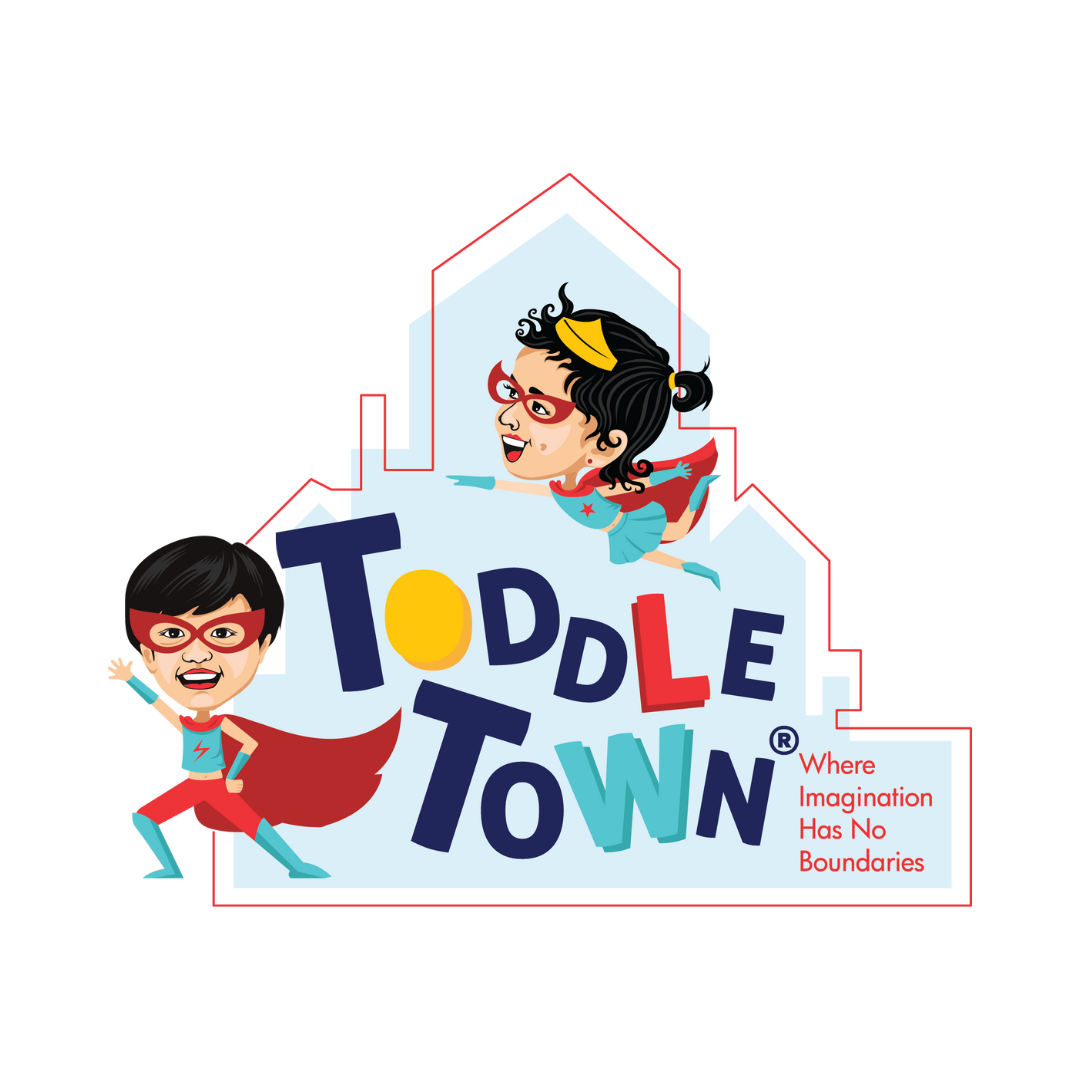
Introduction
Speech delay in 4 years old is a common concern among parents and caregivers. It refers to a delay in the development of speech and language skills compared to the expected milestones for a child’s age. Understanding the reasons behind speech delay is crucial for early intervention and support. Moreover, incorporating activities like pretend play can play a significant role in improving speech delay and fostering language development.
Speech delay in children can be concerning for parents and caregivers, but there’s a simple yet powerful tool that can make a significant difference – pretend play. In this blog, we’ll delve into the world of imaginative play and how it can help 4 years old with speech delay overcome their challenges and thrive.
1. The Magic of Make-Believe: How Pretend Play Sparks Language Development
Pretend play is a vital part of childhood development, offering children an imaginative space to explore and create. Through imaginative scenarios like playing house or pretending to be superheroes, children naturally use language to express themselves, interact with others, and develop their communication skills. Whether they’re engaging in dialogue, storytelling, or role-playing, pretend play provides a language-rich environment where children can expand their vocabulary, practice social interaction, and foster creativity. In essence, pretend play sparks language development by immersing children in playful and engaging experiences that ignite their imaginations and nurture their linguistic abilities.
2. Bridging the Gap: Pretend Play as a Bridge to Communication
For children, especially those grappling with speech delay, communication can be a daunting challenge. However, imaginative play offers a valuable avenue for bridging this gap. In the vibrant worlds of make-believe, children are encouraged to express themselves freely, using language to navigate through various roles and scenarios. Here, they can practice articulating thoughts, emotions, and ideas in a safe and supportive environment. Through storytelling and role-playing, they experiment with different words, phrases, and tones, gradually building confidence in their communication skills. Moreover, engaging in imaginative play with peers fosters social interaction, encouraging children to listen, take turns, and collaborate effectively – essential skills for successful communication. By harnessing the power of pretend play, children can overcome communication barriers and develop the language skills needed to flourish in social and academic settings.

3. From Playtime to Learning: Transforming Vocabulary Through Pretend Play
Pretend play isn’t just a form of entertainment; it’s a powerful tool for transforming children’s vocabulary. As they immerse themselves in imaginary worlds and take on various roles and scenarios, children encounter a plethora of new words and concepts. Whether they’re playing house, exploring outer space, or embarking on a pirate adventure, each pretend play session presents an opportunity for language exploration and learning. Through interaction with peers and adults during playtime, children pick up new vocabulary naturally, expanding their linguistic repertoire in a fun and engaging way. Moreover, as they incorporate these newfound words into their imaginative play, they deepen their understanding of language and its nuances. Thus, from playtime to learning, pretend play acts as a catalyst for vocabulary development, enriching children’s language skills and paving the way for future academic success.
4. Social Skills Unleashed: The Social Benefits of Pretend Play for Children with Speech Delay
Beyond language development, pretend play offers a wealth of benefits for children with speech delay, particularly in nurturing essential social skills. Engaging in imaginative play with peers provides children with invaluable opportunities to learn crucial social behaviors such as taking turns, sharing ideas, negotiating roles, and resolving conflicts. These interactions not only enhance their communication skills but also foster empathy, cooperation, and a sense of belonging. Through pretend play, children with speech delay can develop confidence in their abilities to interact with others, ultimately leading to more fulfilling and meaningful social interactions. By immersing themselves in playful and imaginative scenarios, these children not only overcome communication barriers but also cultivate vital social competencies that will serve them well throughout their lives.
5. Seeking Professional Guidance
It’s essential for parents to remember that each child develops at their own pace, and speech delay should not be diagnosed based on comparisons with other children. If parents observe significant changes or concerns regarding their child’s speech development, it’s crucial to consult a pediatrician or speech-language pathologist for professional evaluation and guidance. Early intervention can make a significant difference in addressing speech delay and supporting language development.
Conclusion
In conclusion, it’s evident that pretend play holds immense significance for children with speech delay, serving as a powerful tool for both language development and social interaction. By encouraging imaginative play and facilitating opportunities for creative expression, parents and caregivers play a crucial role in supporting their children’s growth and overcoming communication challenges. Each moment of pretend play is not merely a source of entertainment but a valuable opportunity for growth, learning, and connection. Through engaging in imaginative scenarios, children not only expand their vocabulary and linguistic abilities but also develop essential social skills such as empathy, cooperation, and problem-solving. As they navigate through the world of make-believe alongside peers, they gain confidence in their communication abilities and forge meaningful connections with others. Therefore, by embracing the magic of pretend play, parents and caregivers can empower their children to thrive, unlocking a world of possibilities for their future success and well-being.



